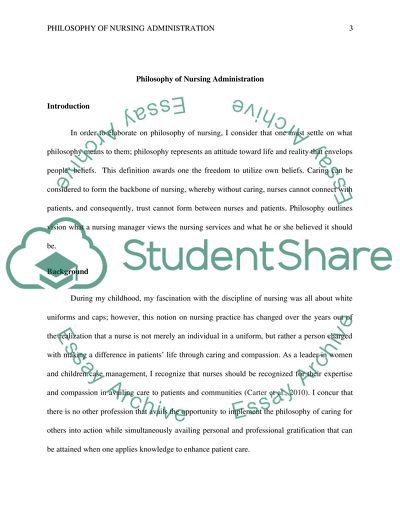Cite this document
(“Nursing Administration Philosophy Statement Essay”, n.d.)
Retrieved from https://studentshare.org/nursing/1488927-nursing-administration-philosophy-statement
Retrieved from https://studentshare.org/nursing/1488927-nursing-administration-philosophy-statement
(Nursing Administration Philosophy Statement Essay)
https://studentshare.org/nursing/1488927-nursing-administration-philosophy-statement.
https://studentshare.org/nursing/1488927-nursing-administration-philosophy-statement.
“Nursing Administration Philosophy Statement Essay”, n.d. https://studentshare.org/nursing/1488927-nursing-administration-philosophy-statement.


